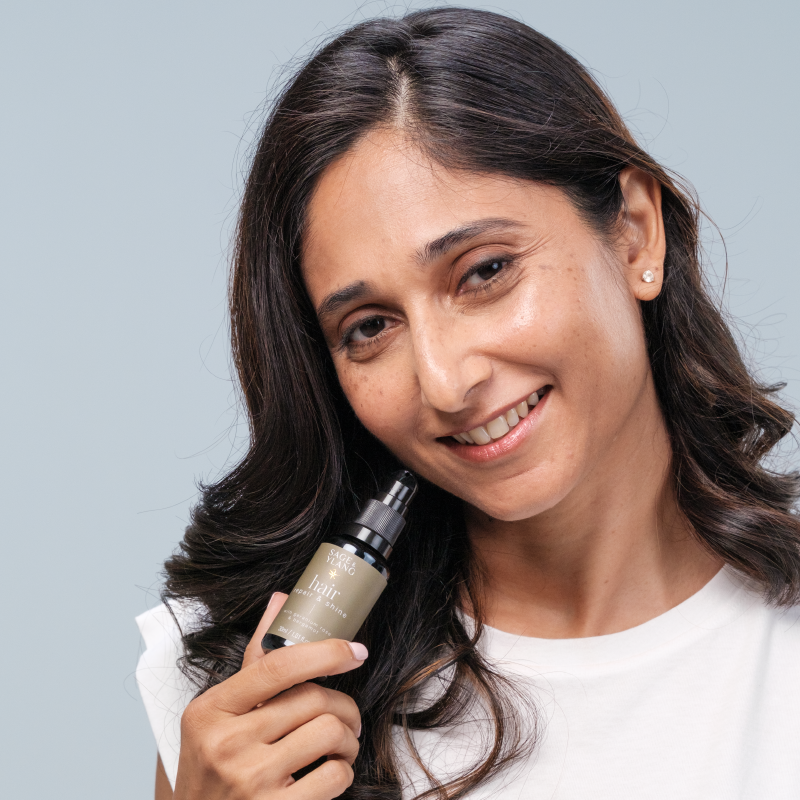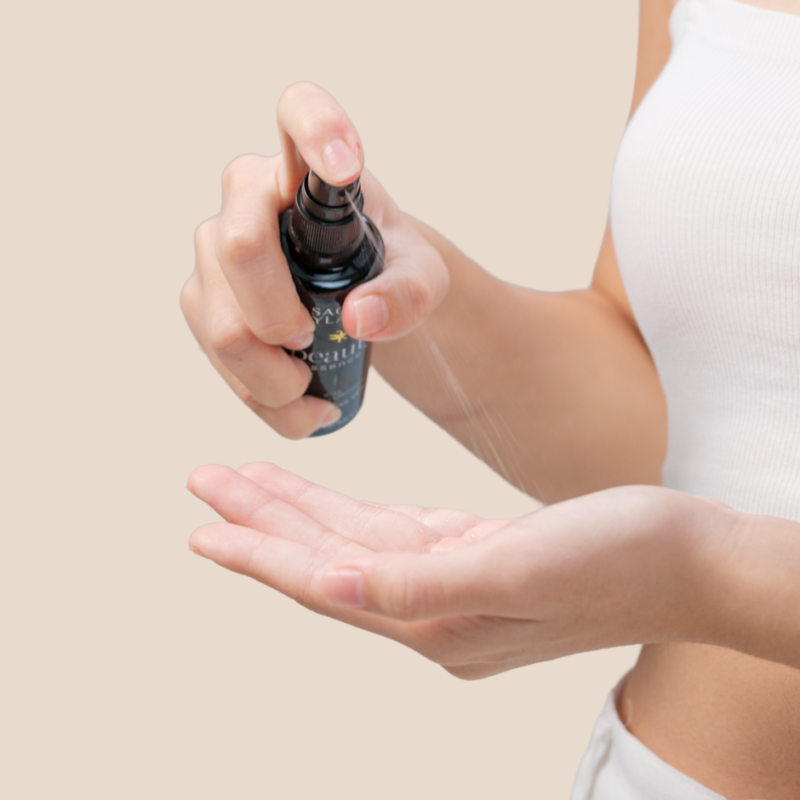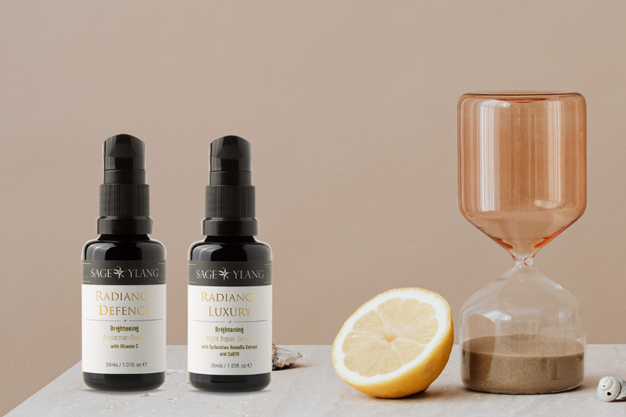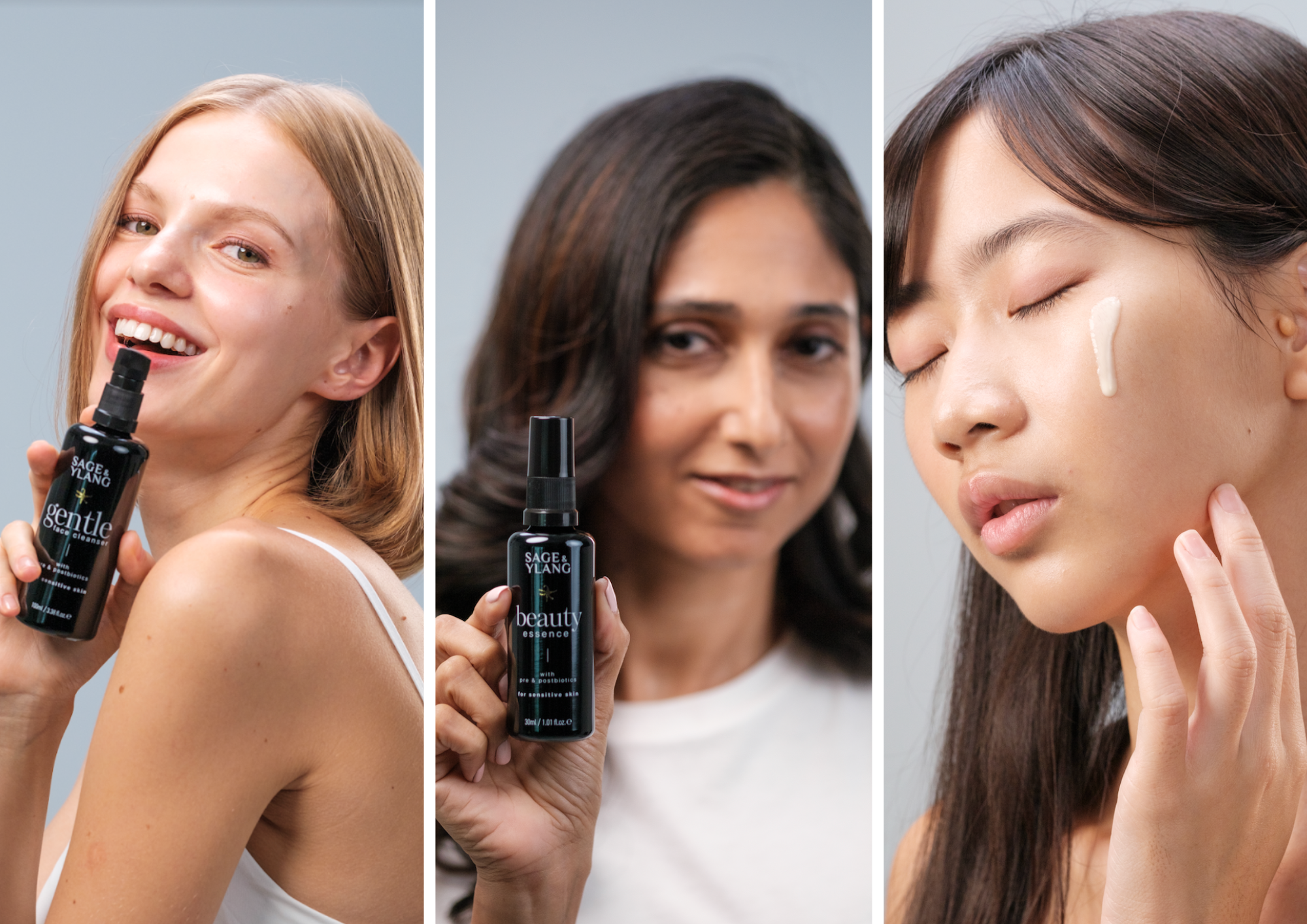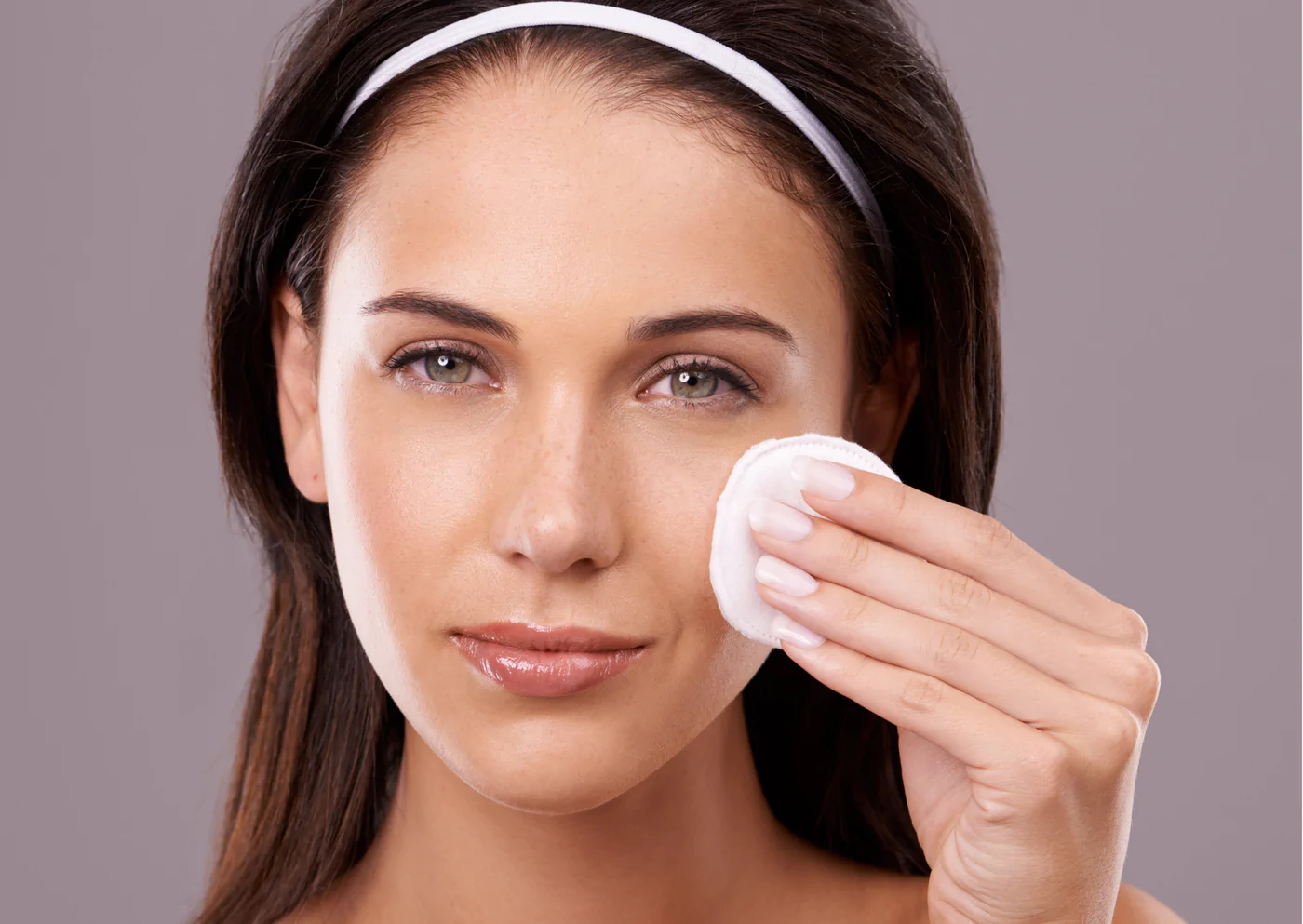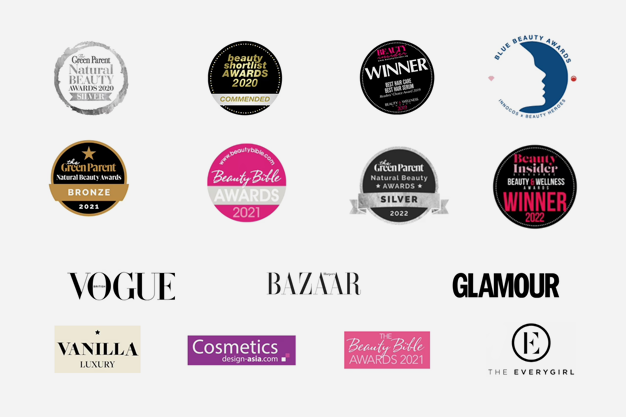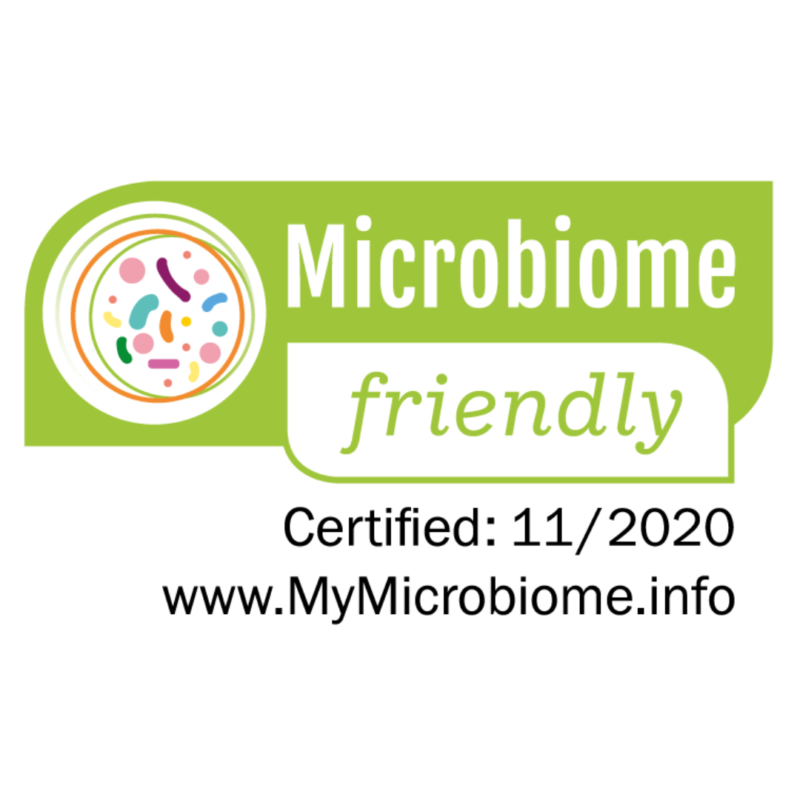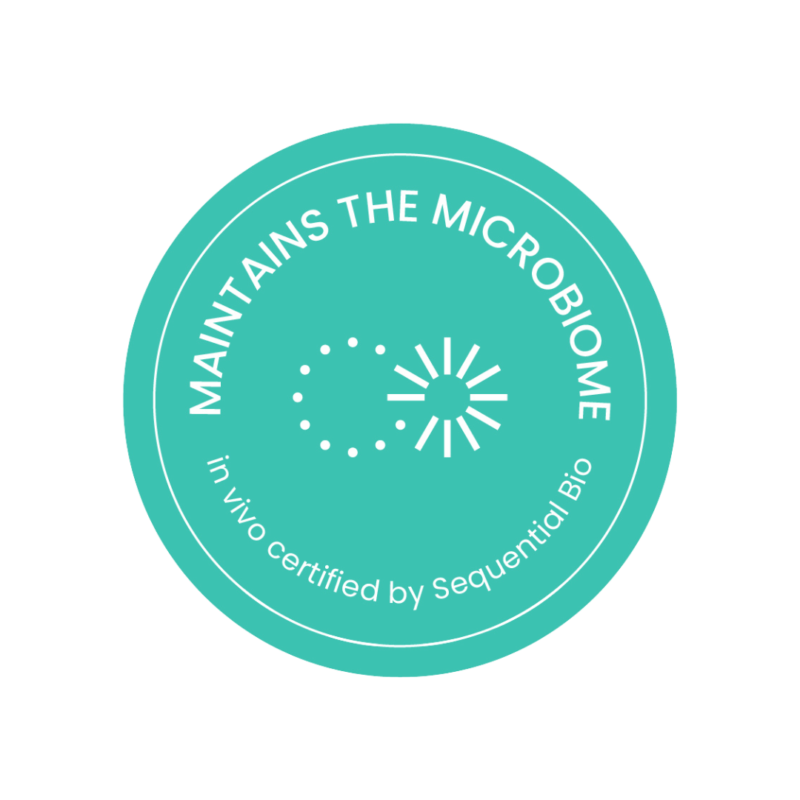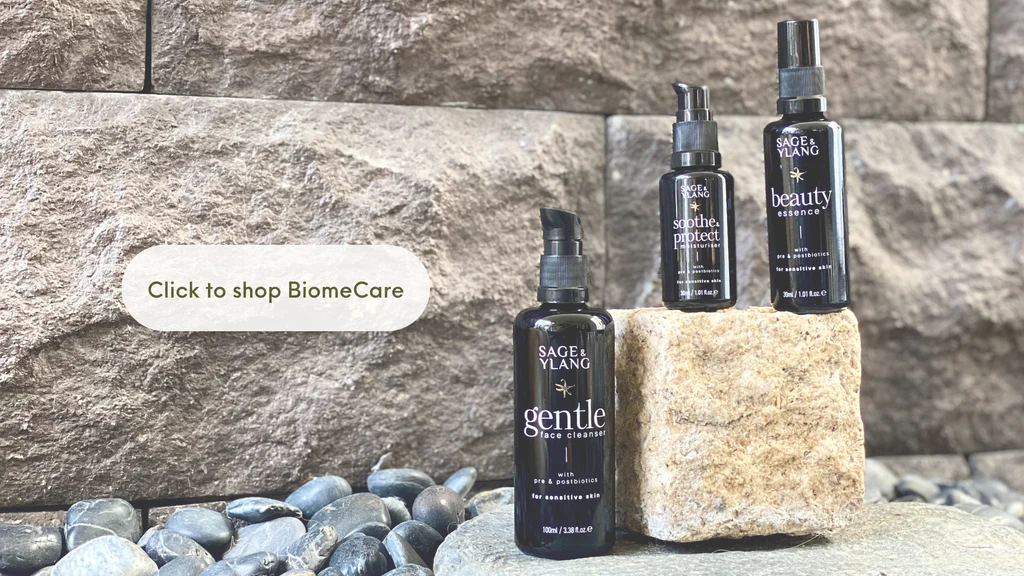Our Innovation Journey
Our journey to revolutionize skincare began with a collaboration with top researchers at the Agency for Science,Technology and Research’s (A*STAR) Institute of Materials Research and Engineering (IMRE). Using cutting-edge technology and scientific methods, we developed a line of microbiome-friendly products that enhance and balance the diversity of the skin microbiome, preventing sensitive skin conditions. By working closely with scientists from MyMicrobiome, creators of the world’s first standard for microbiome-friendly products, and Sequential Skin, pioneers of a patented skin patch test. Our products are certified microbiome-friendly after rigorous testing.
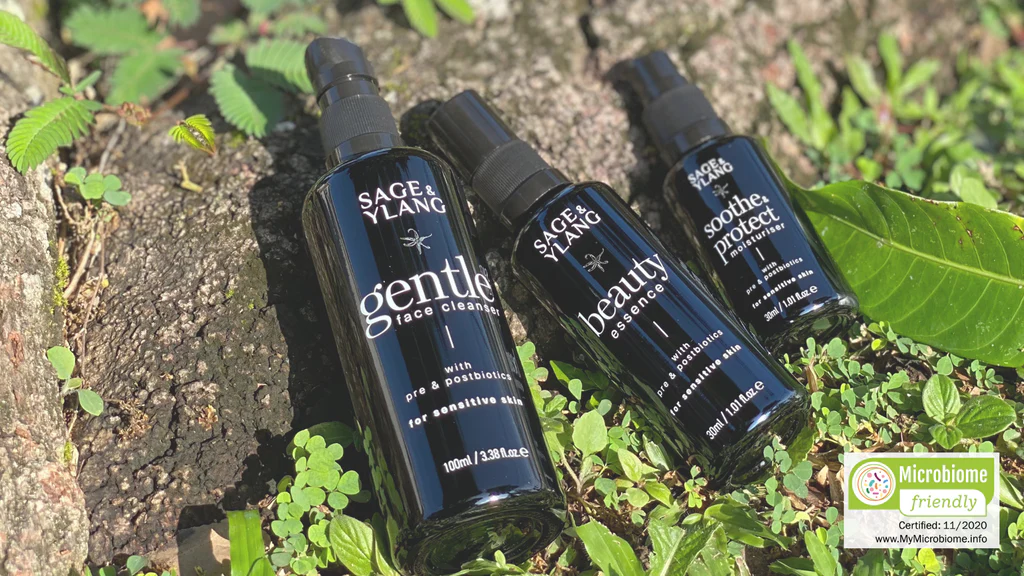
The skin microbiome is an intricate ecosystem of trillions of microorganisms that live on human skin, including bacteria, viruses, fungi, and mites. Research from the "Human Microbiome Project" revealed the diverse and vital role these microorganisms play in maintaining skin health. They not only feed on dead skin cells, but also convert sebum into natural moisturiser and act as a barrier against harmful foreign organisms and toxins. However, an imbalance in the skin microbiome can lead to sensitive skin conditions such as eczema, rosacea, and acne.
Maintaining a delicate balance within the skin microbiome is essential for skin health. A disrupted skin microbiome may lead to sensitive skin conditions. Modern lifestyle factors such as harsh cleansing, excessive hand sanitizer use, unhealthy diet, stress, pollution, UV rays, and non-microbiome friendly products can disrupt this balance.
- Harsh cleansing
- Excessive use of hand sanitiser and antiseptic hand wash
- Unhealthy diet
- Stress
- Pollution
- UV rays
- Using skincare or makeup products that are not friendly to the skin microbiome

We developed a microbiome-friendly skincare line using rigorously tested and handpicked ingredients to preserve the delicate balance of the skin microbiome, resulting in healthier, more radiant and calm skin.
Our microbiome-friendly skincare range includes:
- Prebiotics - ingredients that feed bacteria
- Postbiotics - are fractions and by-products of bacteria e.g. bacteria lysate, fermented actives, which enhance the health of skin microbiome
- Phytonutrients - for overall skin health and hydration.
Our skin microbiome-friendly range contains :

ALL our functional ingredients are tested to be skin microbiome-friendly
100% free from petrol-chemically derived ingredients
100% biodegradable
Benefits of the Skin Microbiome Series include :
- Skin Repair
- Skin Protection
- Increased Moisturization
- Skin Radiance
- Anti-Ageing
- Calm and Soothed Skin

Focus Group Clinical Trials
A study was conducted to examine the effectiveness of the BiomeCare Series skincare line. The study included volunteers of all skin types, both male and female, between the ages of 17 and 50.
The participants used the BiomeCare Series, which includes a Gentle Face Cleanser, Beauty Essence, and Soothe & Protect Moisturizer, twice daily for one month. Before starting the study, a thorough skin analysis was conducted using OBSERV 520 and microbiome sampling with the Sequential Skin Ki. Participants also provided a skin patch strip from their forehead taken first thing in the morning before washing their face.
After one month of using the BiomeCare Series, another skin analysis was conducted to determine the effectiveness of the products. The results of this study show promise in improving overall skin health.
Here is a list of the documented results observed by the participants :
- Increased comfort of the skin
- Increased skin hydration
- Increased overall radiance
- Decreased dryness
- Soothed sensitive skin
- Reduced skin redness and oiliness
Here is the summary of the results from OBSERV 520 and Sequential Skin Test :
- Increase in skin microbiome diversity in 90% of participants
- Increase in the number of good bacteria in 100% of participants : Lactobacillus Acidophilus and Staphylococcus Epidermidis
- Reduction in the number of bad bacteria in 100% of participants : Staphylococcus Aureus which is associated with skin condition like eczema
- Sebum production greatly reduced in 100% of participants with oily skin types
References
- Segre, Julie A, et al. “Skin Microbiome in Health and Disease.” Genome Biology, BioMed Central, 11 Oct. 2010, genomebiology.biomedcentral.com/articles/10.1186/gb-2010-11-s1-i18.
- Trivedi, Bijal. “Microbiome: The Surface Brigade.” Nature News, Nature Publishing Group, 19 Dec. 2012, www.nature.com/articles/492S60a.
- Barren-Hill, Florence. The Skin Microbiome; Importance & Formation, pastiche-training.com/online-courses/specialist-subjects/the-skin-microbiome-importance-and-formation/.
- Dreno, Brigitte, et al. “Skin Microbiome and Acne Vulgaris: Staphylococcus, a New Actor in Acne.” Experimental Dermatology, U.S. National Library of Medicine, 10 Apr. 2017, pubmed.ncbi.nlm.nih.gov/28094874/.
- Prescott, Susan. Skin Microbiome and Its Role in Skin Barrier Dysfunction and Atopic Dermatitis, Research Review Publication, 2018, researchreview.co.nz.
- Khmaladze, Ia, and Susanne Fabre. “Dead or Alive? A New Dilemma of Probiotic Skin Care for Healthier Skin.” Journal of Gynecology and Women's Health, Juniper Publishers, 10 Dec. 2019, juniperpublishers.com/jojdc/JOJDC.MS.ID.555580.php.
- Muizzuddin, Neelam, et al. “Physiological Effect of a Probiotic on Skin.” Journal of Cosmetic Science, U.S. National Library of Medicine, pubmed.ncbi.nlm.nih.gov/23286870/.

